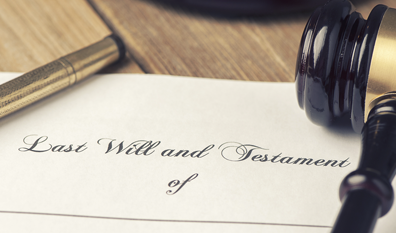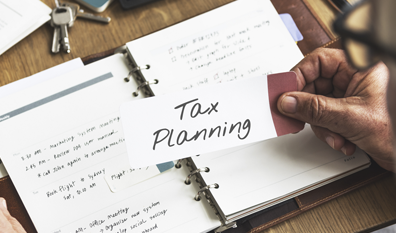A trustee is responsible for managing money or assets such as property that have been set aside in a trust for the benefit of someone else. In most cases, trustees are the only people with the authority to access the funds in the trust, approve distributions, make payments and conduct business on behalf of trust assets.
The Duties of a Trustee
The overriding duty of a trustee is at all times to act in the bests interests of the beneficiaries of the trust, and not third parties. The general duties are:
- To be fully informed about the terms of the trust.
- To administer the trust under its terms, which means comply strictly with what's set out in the trust deed.
- To act objectively and impartially between the beneficiaries, not favouring one over another.
- To make prudent investment decisions.
- To administer assets in an appropriate way. For example, if there are income-producing assets such as a rental property, the trustee has to make sure that it continues to be productive. This can also involve moving cash into interest-bearing accounts.
- To provide clear and accurate information to beneficiaries when required.
- To keep track of all income, distributions and expenditure.
- Trustees also have a duty not to use the trust for their own purposes.
The Powers of a Trustee
What you can and cannot do as a trustee are laid down in law and the trust deed. Among the typical powers trustees have are:
- Investing the trust's funds.
- Advancing capital to beneficiaries.
- Leasing, renting or selling any of the trust's property.
- Spending trust funds on maintenance and repairs of the trust's property.
- Insuring the trust's property.
- Delegating their powers to another person if they are unable to perform their duties. For example, because of hospitalisation.
Is Being A Trustee Right For You?
If someone asks you to be a trustee, it is because you are trustworthy, and they value your judgement. However, the role comes with many responsibilities, and you will need to think carefully about whether it is right for you.
Being a trustee is a long-term commitment. While some trusts have a fixed end date, others go on indefinitely, which means you could be a trustee for decades. Trustees have a lot of work to do, and there will be many responsibilities on your shoulders. If you don't carry out your duties properly and there are losses, you could be liable for them. You have a legal responsibility to do what is in the best interests of the beneficiaries. Failure to do so could result in you being taken to court and saddled with severe financial penalties.
Another consideration is you have to agree with the other trustees when making decisions about the trust. It is worth your while finding out who they are and considering whether you will be able to have a good working relationship with them.
Read less













